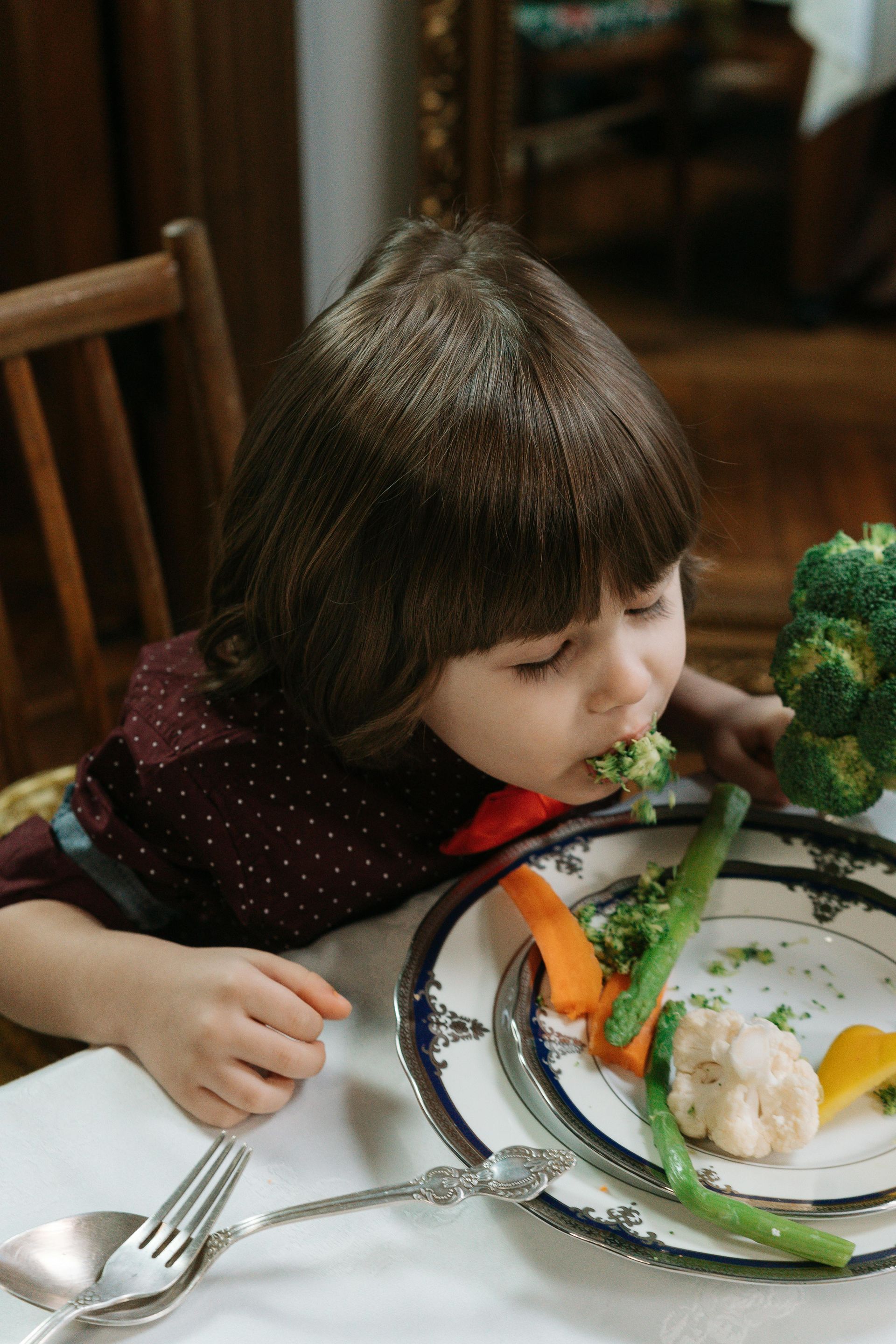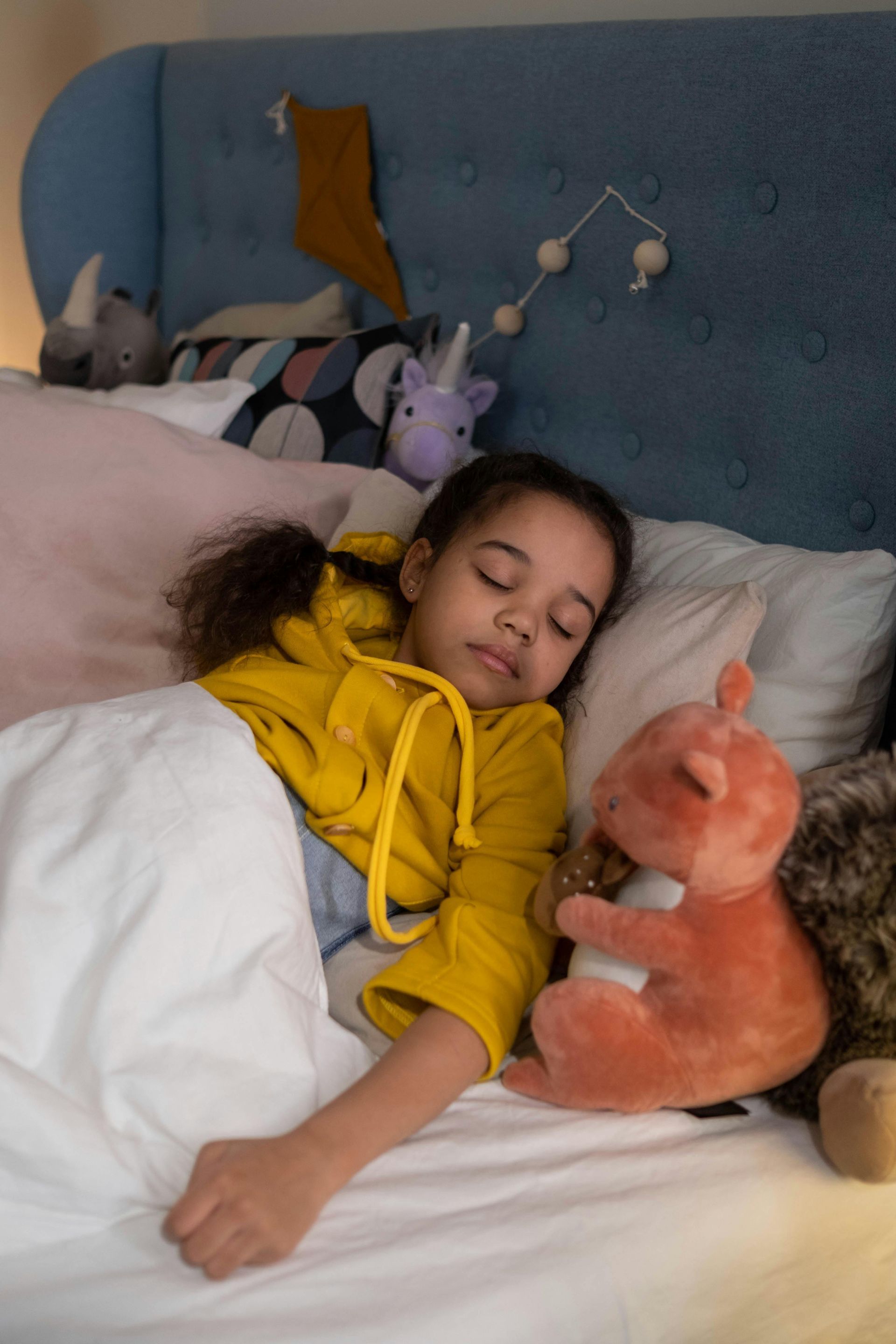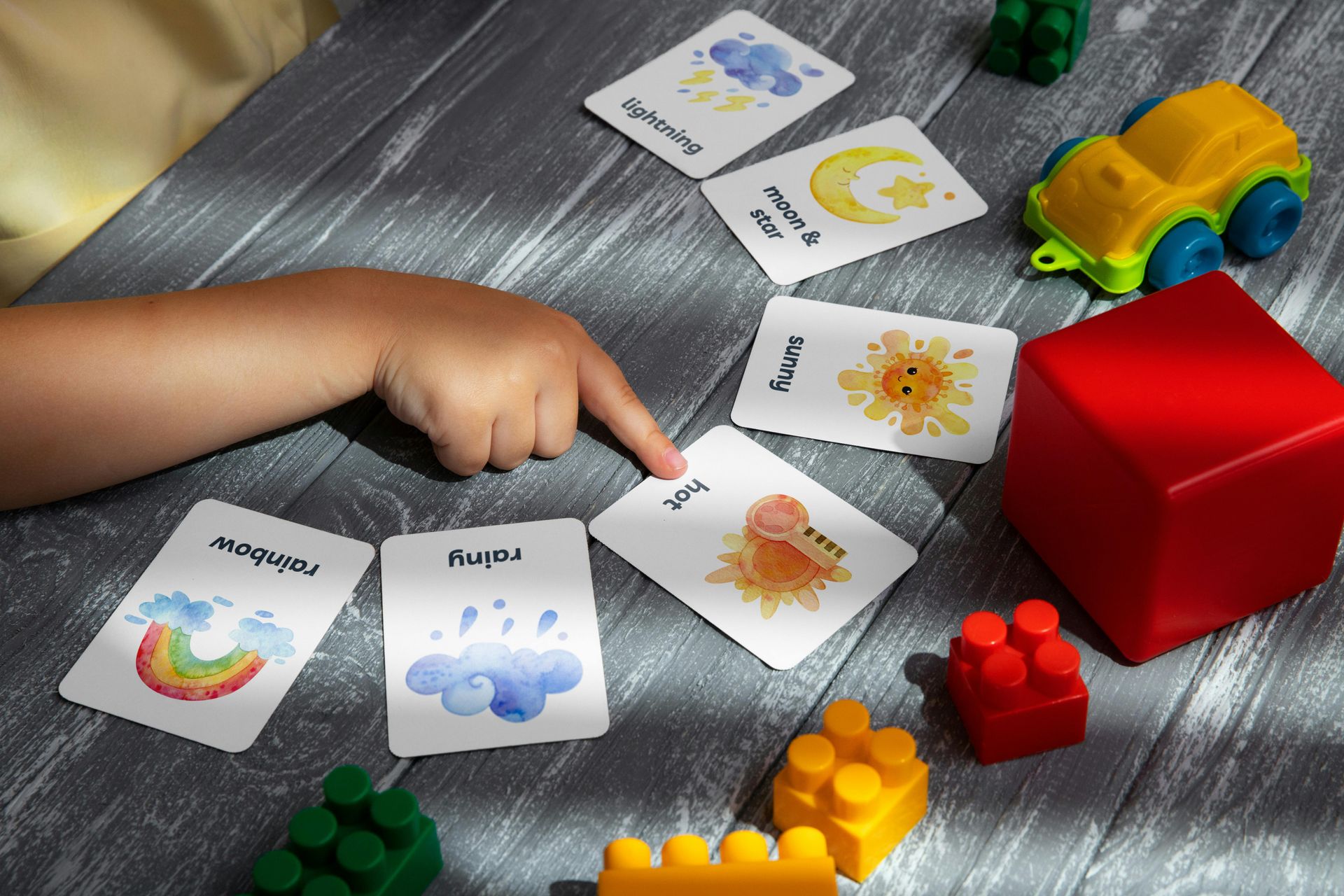How to Nurture Social Skills in Your Child with Autism
How to Nurture Social Skills in Your Child with Autism

Are social situations an area where your child could use some help? This is a very common skill set with which children with autism require some extra support. Here we have collected some of our best tips for guiding your child in building upon their social skills.
Observe, Pick a Skill, and Make a Plan
First, take some time to observe your child interacting with other people and determine where you can best help them. Take a few notes and set a goal or goals to work on. Can your child initiate a conversation? How do they respond to others’ words and actions? Are there social cues or norms they need to understand or put into practice? Once you have a clear idea of what they can work on, it’s time to make a plan for how you can support their growth in this area.
Quick Tips
Social skills are complex and nurturing them will require some thought on your part. Here are some tips to get you started.
● Social situations can be unpredictable and overwhelming. You might aim to create social situations with a little more structure to them, to ease your child into socialization and take a little pressure off.
● Model social skills; show your child the proper way to interact with others by doing it yourself
● Use positive reinforcement to encourage the social skills you are working on with your child. Give a reward or token toward a larger reward each time you observe the target behavior.
● Social stories are a fantastic tool for working on social skills! So are role-playing exercises.
● Provide prompts as they are needed, especially early on in working towards goals. Be prepared to wean your child off of prompts as they begin to exhibit the skill independently.
● Praise all attempts, especially attempts that are not completely successful.
● Strive to build empathy in your child. Teach them how to put words to their own emotions and the emotions of others.
Your child’s ABA therapist can give you even more ideas of what you and your family can do to encourage social skills in your child with autism. It will take time and practice, but seeing new and stronger skills in your child will make it worth all the effort.
Contact Positive Reinforcement today for in home ABA therapy, servicing North Virginia, West Virginia. Now providing ABA Therapy Services in Richmond Virginia.










